When looking for a CRM, it's not just about managing contacts. A complete solution should empower your sales team, enhance marketing campaigns, improve customer service, and support digital commerce—all within a single platform.
So, if you’re choosing between HubSpot CRM and Zoho CRM, here’s a story worth your attention.
Why Zoho CRM Makes More Sense
At first glance, HubSpot’s free CRM looks tempting. It gives you contact management, deals, tasks, and even email tools—for free and with unlimited users. Sounds great, right?
But as your business grows, you’ll soon need automation, custom reports, advanced workflows, and deeper insights. And that’s where HubSpot’s pricing kicks in—$40/month for just two users for some essential tools.
Meanwhile, Zoho CRM offers a complete package right from the start—without the hidden costs.
Key Differences: HubSpot vs Zoho CRM
1. Sales Automation
- HubSpot gives you pipelines, lead scoring, and some automation—but advanced workflows only come in higher plans.
- Zoho provides all this plus macros, advanced workflows, and custom functions—even in the free or lower plan
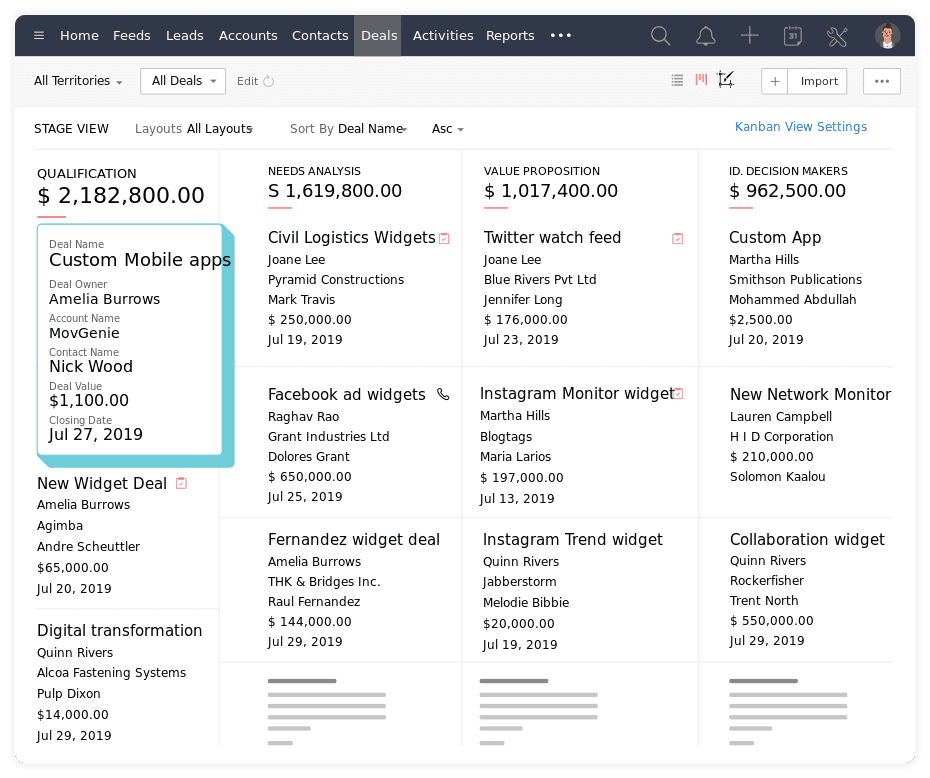
2. Process Management
- HubSpot lets you automate pipeline stages but lacks full control.
- Zoho gives you BluePrints to build custom sales processes, escalation rules, approval flows, and even multiple layouts for different teams.
- HubSpot offers basic dashboard and field customization. Custom modules? Only in high-end plans, and with limits.
- Zoho lets you fully personalize your CRM: from interface and buttons to custom modules, layouts, and even test changes safely using a sandbox.
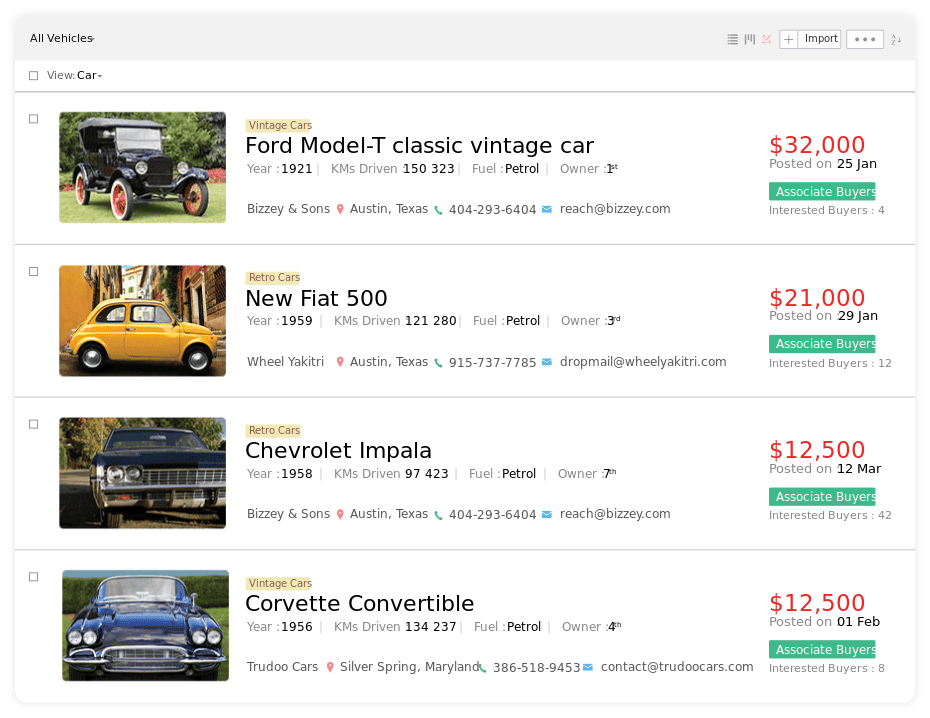
4. Reporting and Analytics
- HubSpot provides standard reports. Custom reports? Only in Pro plans.
- Zoho gives every paid user access to custom dashboards, anomaly detection, cohort analysis, and more—even on mobile.
5. Artificial Intelligence (AI)
- HubSpot AI is limited—like business card scanning or deduplication.
- Zoho's AI, Zia, does much more: voice commands, email analysis, sales predictions, lead scoring, and image scanning.
6. Marketing Automation
- HubSpot splits marketing into a separate paid hub.
- Zoho CRM includes email campaigns, RFM segmentation, marketing attribution, and social media enrichment—built-in.
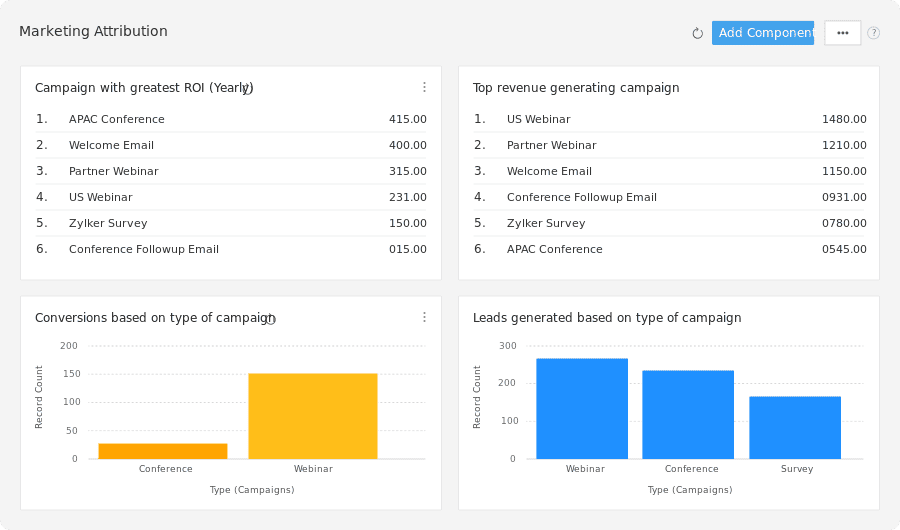
7. Collaboration
- HubSpot supports tagging and calendar syncing (limited customization in the free version).
- Zoho includes team feeds, shared calendars, portals for clients and vendors, and even mobile collaboration tools.
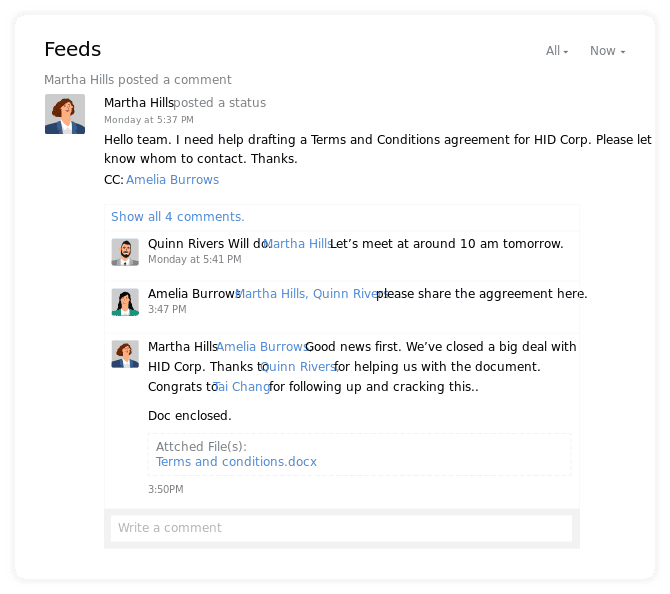
8. Inventory Management
- If you sell physical products:
- HubSpot lacks built-in inventory tools.
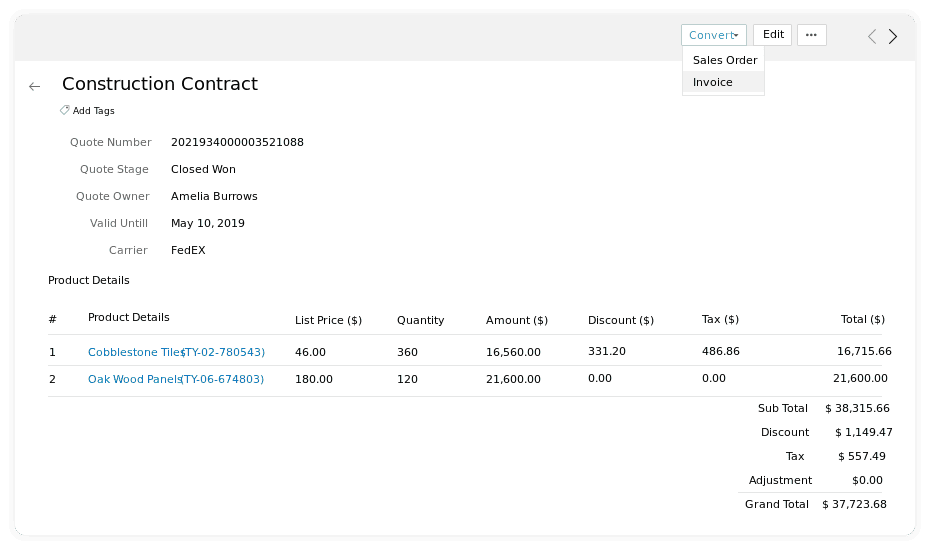
Zoho lets you manage products, quotes, orders, and invoices—all inside the CRM.
So, Is HubSpot CRM Really Free?
Yes. But only the basics are free. As soon as you need real business features—automations, analytics, forecasts—you’ll have to pay. And those costs scale up quickly.
Zoho CRM starts out strong and grows with you—without locking essential features behind paywalls.
Final Verdict: Choose the Smarter CRM
HubSpot may be a good starting point, but Zoho CRM is the smarter long-term solution—more customizable, more powerful, and more budget-friendly. Whether you’re a small business or scaling up, Zoho is ready to support your entire customer journey.
Access Zoho CRM → Start your smarter CRM journey today.
For more details visit pfc-group.com
